Some People Don’t Know That Missouri Was First To Do These 10 Things
It’s clear from our many daily posts that Missourians have a lot to be proud of, with beautiful scenery, great attractions and dining options, and oh so many things to do. In addition to that, we have actually accomplished a lot of America’s “firsts.” We have paved the way in everything from government and education to various food and drinks, and here are some interesting facts that prove Missouri has been great at looking at things in a progressive way.
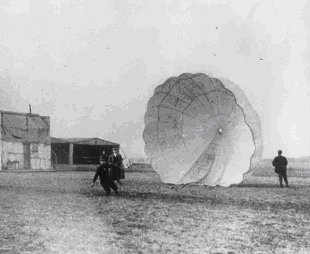
U.S. Army Captain Albert Berry climbed to 1,500 feet in a Benoist aircraft above the Jefferson Barracks military post near St. Louis. He then situated himself on a trapeze bar that was attached to the front of the plane with his parachute in a pack attached to his harness. He jumped. He later reported to Air & Space magazine that he "turned five somersaults" on the way down, and that the "course downward … was like a crazy arrow."
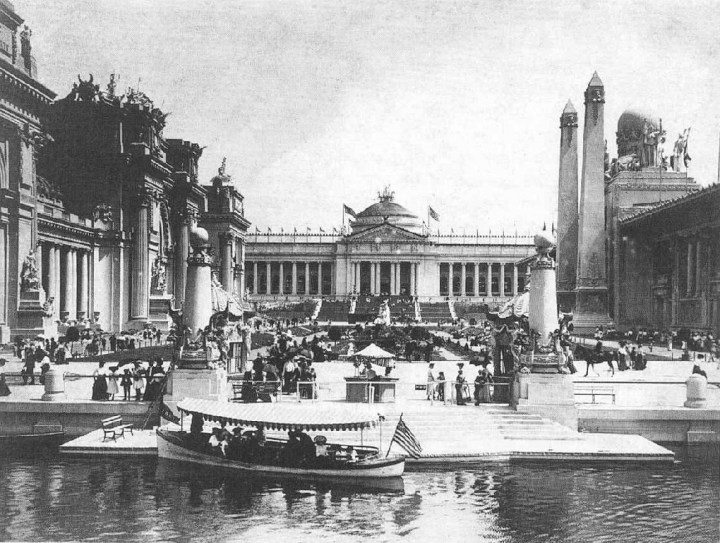
The ice cream cone was invented when a vendor ran out of cups and asked a waffle vendor to help by rolling up waffles to hold the ice cream. Other firsts at the fair (although some dispute the validity of a few) are Dr. Pepper, Puffed Wheat cereal, iced tea, peanut butter, and cotton candy.
Many believe, however, that like the hamburger and hot dog, these foods were not first invented or introduced at the fair, but rather, it was their first introduction to mass audiences, thus increasing their widespread popularity.
Many believe, however, that like the hamburger and hot dog, these foods were not first invented or introduced at the fair, but rather, it was their first introduction to mass audiences, thus increasing their widespread popularity.
Advertisement
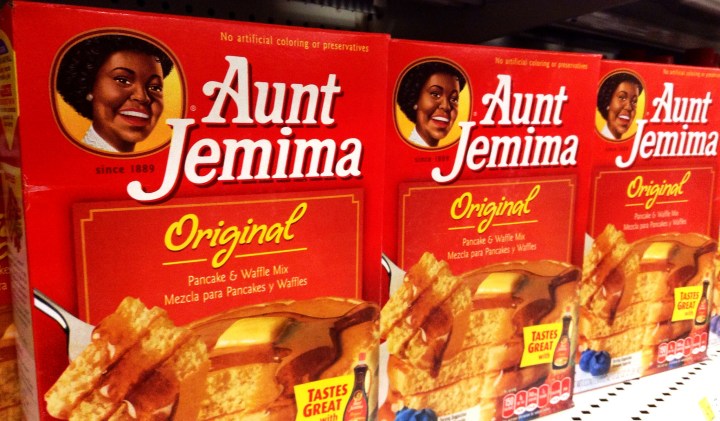
Although pancakes themselves go back to ancient times and have many varieties, Aunt Jemima was first to make them easy to make with ready-mix flour. The brand remains popular to this day.
Advertisement
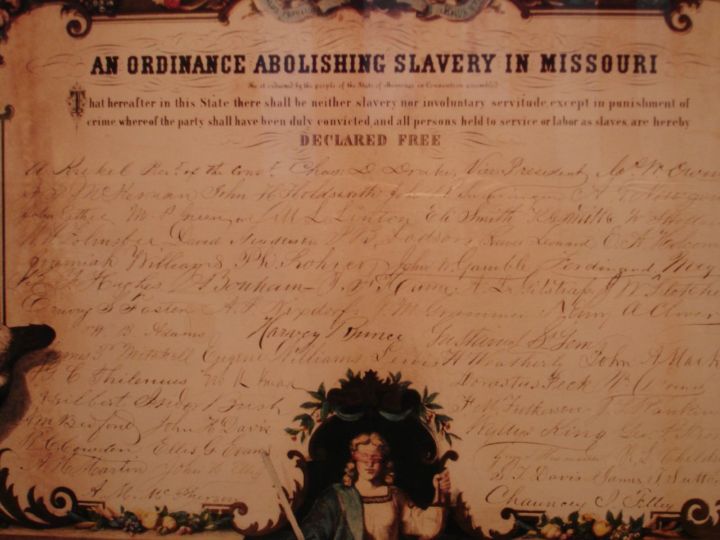
Missouri became the first slave state that had remained loyal to the Union to abolish slavery prior to the adoption of the 13th Amendment to the U.S. Constitution on December 18, 1865.
An excerpt from Missouri’s emancipation ordinance reads, "That hereafter in this State there shall be neither Slavery nor involuntary servitude; except in punishment of crime, whereof the party shall have been duly convicted, and all persons held to service or labor as slaves, are hereby DECLARED FREE."
An excerpt from Missouri’s emancipation ordinance reads, "That hereafter in this State there shall be neither Slavery nor involuntary servitude; except in punishment of crime, whereof the party shall have been duly convicted, and all persons held to service or labor as slaves, are hereby DECLARED FREE."
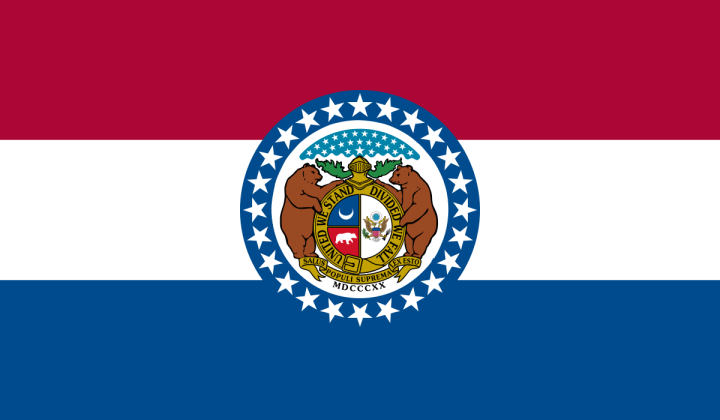
Missouri applied for statehood in 1817, but the question of whether it would be slave or free delayed its approval by Congress. In 1820, the Missouri Compromise was reached, and Missouri was admitted as a slave state, with slavery being excluded from the other Louisiana Purchase lands north of Missouri’s southern border. Missouri joined the Union as the 24th state that year, and was the first located entirely west of the Mississippi River.
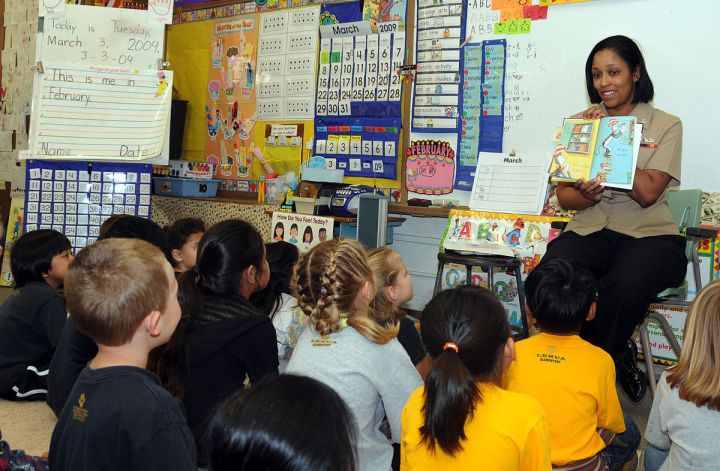
Susan Blow got the inspiration for public kindergarten on a trip to Germany about five years after the end of the Civil War. There she observed classrooms inspired by the work of Friedrich Froebel, an important leader in early education. Blow observed that young children in these "kindergarten" classrooms were learning important language, math, and science skills by playing with objects like balls and blocks. She made it her mission to bring kindergarten to children in America. After much learning and preparation, she opened the first public kindergarten at the Des Peres School in Carondelet in September of 1873.
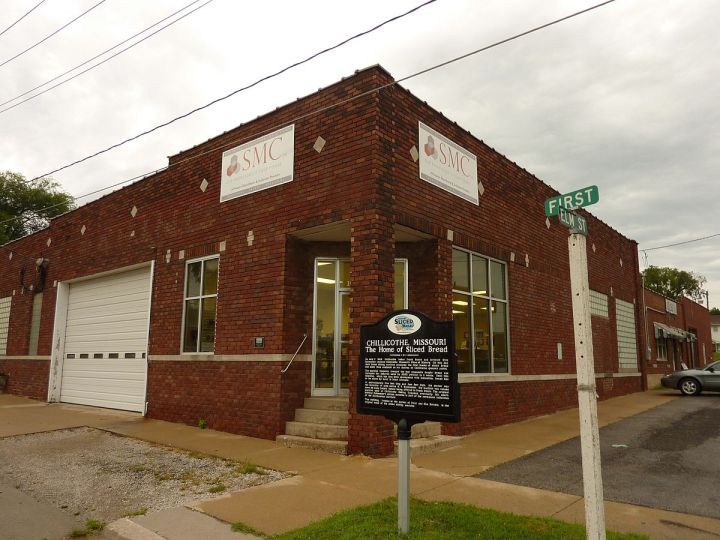
The Rohwedder bread slicer was invented by Iowa inventor, Otto Rohwedder, a massive unit approximately five feet long and three feet high. At the time, nowhere in the world were bakers selling sliced loaves of bread.
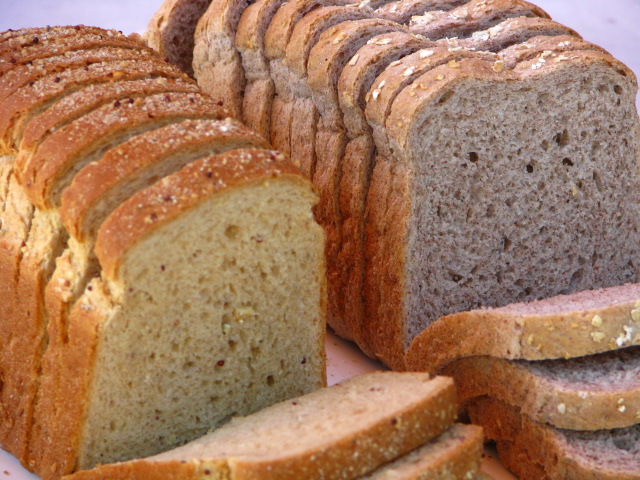
A Chillicothe baker, who was on the verge of bankruptcy, took a chance on the invention and on July 7, 1928, he put the first loaves of sliced bread up for sale in Chillicothe grocery stores. From that moment on, sliced bread became a part of history, and "the greatest thing since sliced bread" became a popular phrase that highlights its importance.
Advertisement
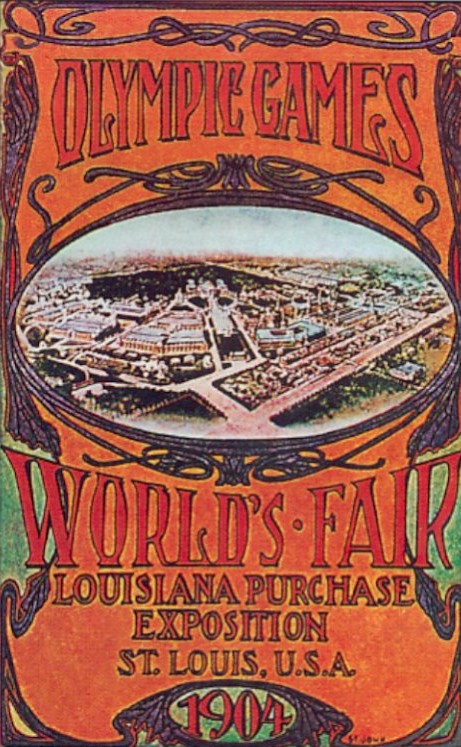
It occurred at the same time that St. Louis hosted the World's Fair, and it made for complete chaos. The games were somewhat overshadowed by the fair. Officially, the games lasted for four and a half months, with a sporting event every day of the fair. 94 Olympic events were mixed in with other sporting events, with the actual bulk of official events occurring between August 29 to September 3.
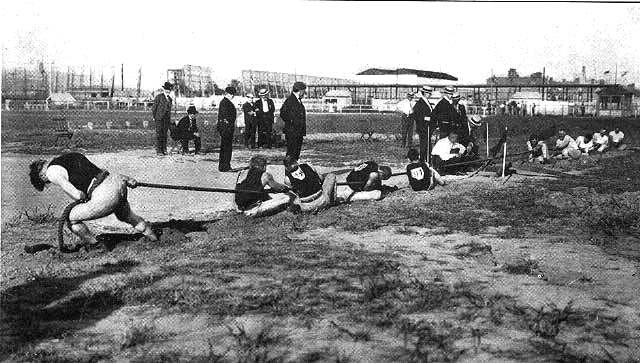
Of the official 94 Olympic events, only 42 actually included athletes from other countries. The marathon was the most unbelievable. About half of the runners got heat stroke, and the winner actually had cheated by getting a car ride for 10 of the miles.
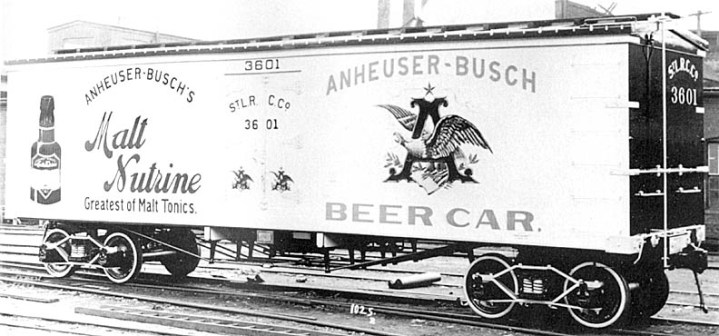
By the early 1880s, Adolphus had also pioneered the use of artificial refrigeration, refrigerated railcars and rail-side icehouses.
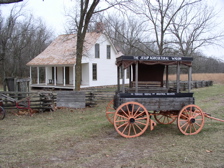
The national monument was founded on July 14, 1943, by Franklin Delano Roosevelt who dedicated $30,000 to the monument. It preserved the boyhood home of George Washington Carver, as well as the 1881 Moses Carver house and the Carver cemetery.
Did we forget to include in any Missouri firsts? Please feel free to share them in the comments on our Facebook page!
OnlyInYourState may earn compensation through affiliate links in this article. As an Amazon Associate, we earn from qualifying purchases.




